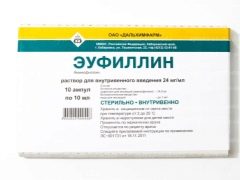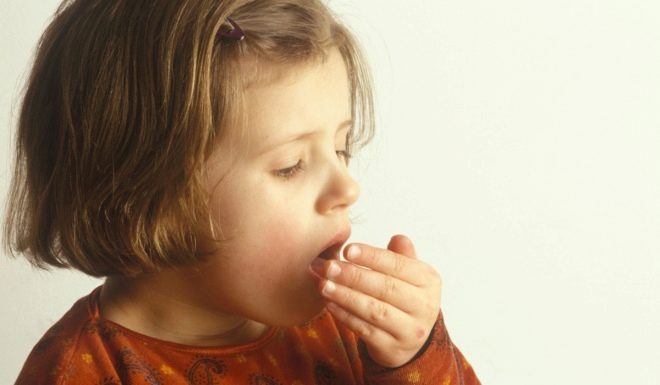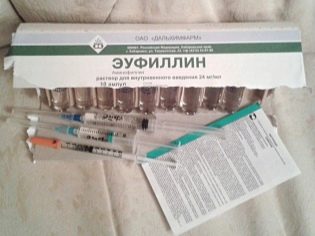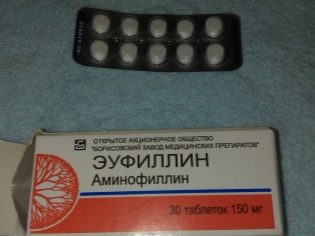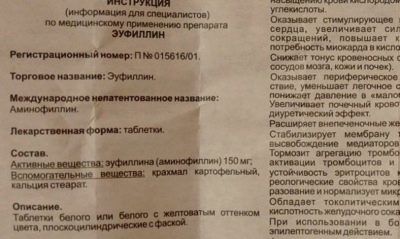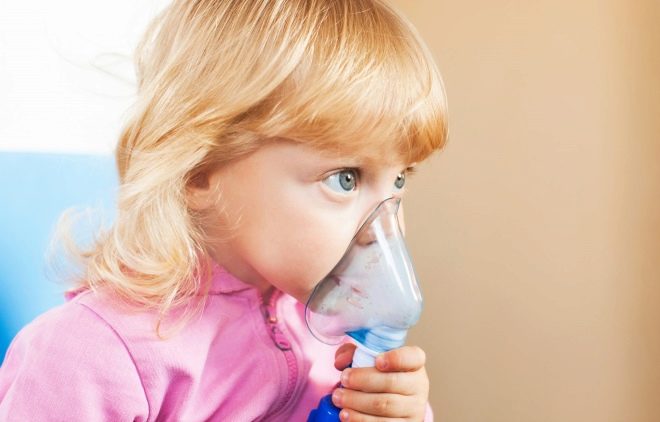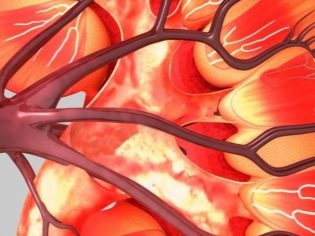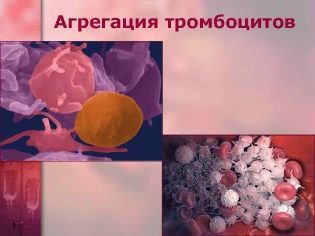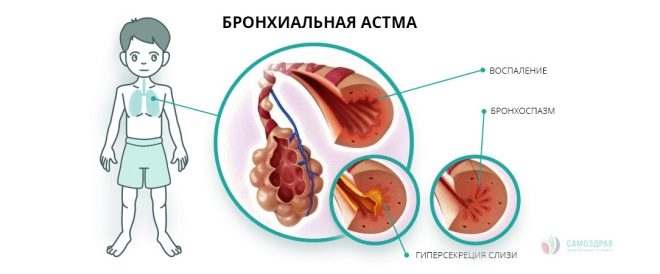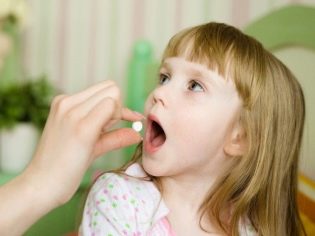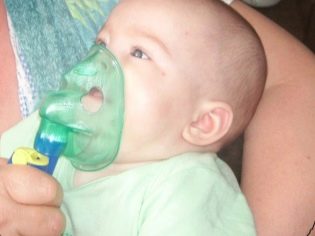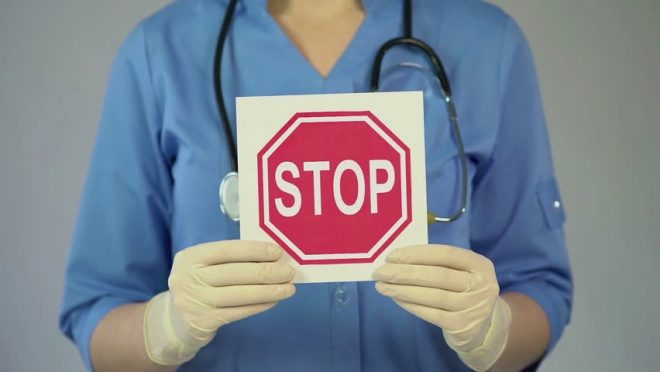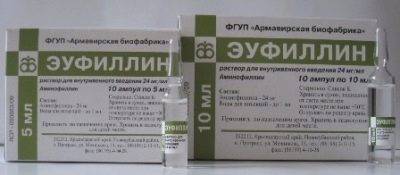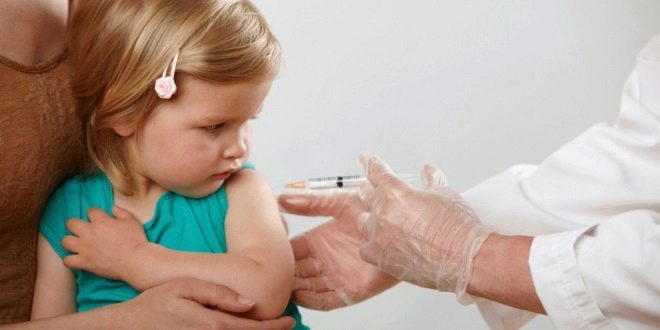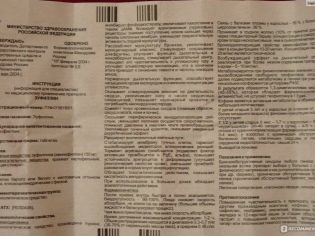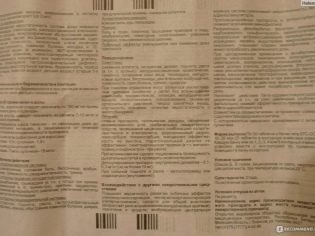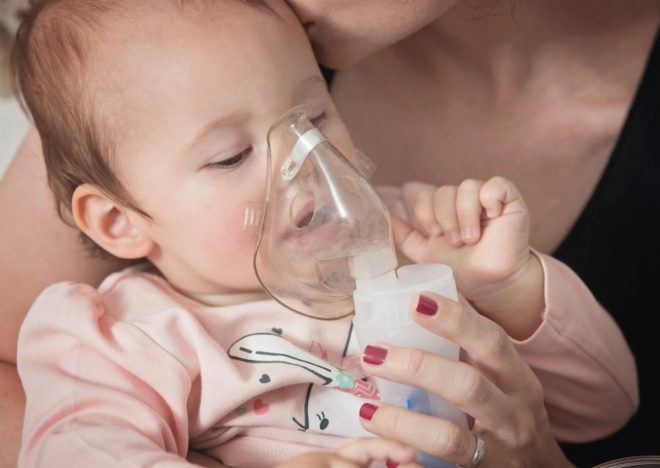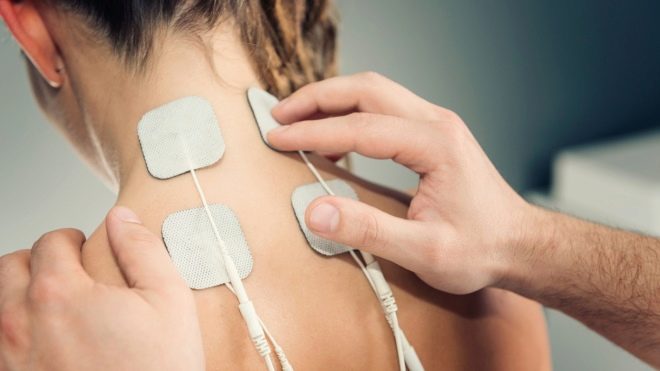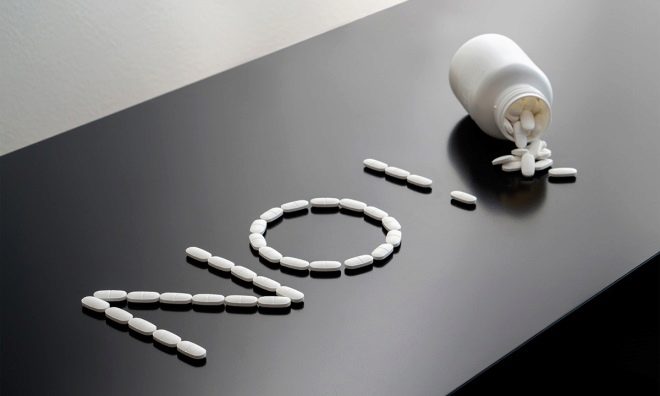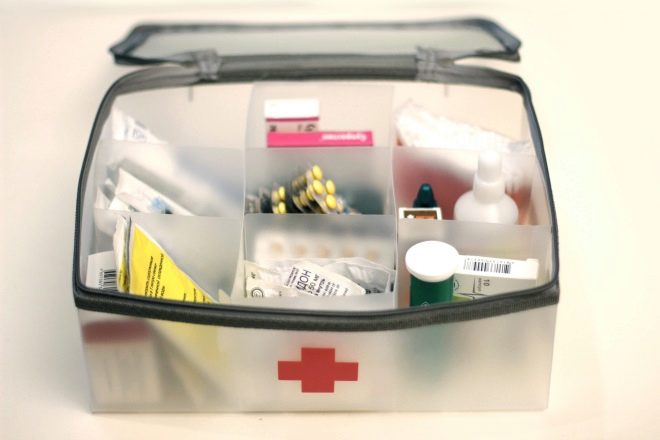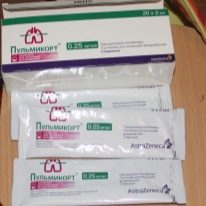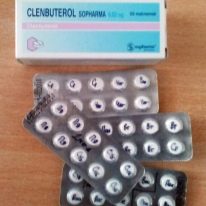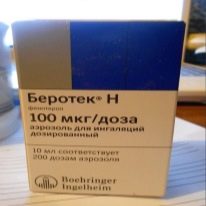"Euphyllinum" for children: instructions for use
Diseases of the respiratory system are among the most common in both adults and children. A very effective and time-tested antispasmodic drug called "Eufillin" is often used in their treatment. Using it helps relieve a child’s cough and eliminates obstruction, but requires some precautions.
Release form
Euphyllinum is produced by many domestic pharmaceutical companies, such as Dalkhimpharm, Ozon, Novosibkhimpharm, Organika and others, as well as some foreign firms. This drug is available only in two forms. One of them are ampoules containing 5 or 10 ml of a clear solution, which can be both colorless and with a slight yellowish tinge. Such "Euphyllinum" is intended for intravenous administration, and is also used for inhalation and electrophoresis. One pack can hold 5, 10 or 20 ampoules.
The second form of the drug is tablets, in which white or white-yellow color, as well as a flat round shape. Most often they are available in 30 tablets per pack, but there are also packages containing from 10 to 100 pieces in one box. Such "Eufillin" happens both in cellular packages and in cans. In the form of capsules, syrup, suppositories, suspensions, and other forms, such medicine is not available.
Composition
The active component of both forms of "Euphyllinum" is called aminophylline. Since the percentage of solution for injections is 2.4%, the content of such an ingredient in 5 ml of the drug is 120 mg, and a 10 ml ampoule is the source of 240 mg of aminophylline. One tablet contains such a substance in a dose of 150 mg. Of the 24 mg of active substance present in 1 ml of injection solution, 19.2 mg is theophylline, and the remainder (4.8 mg) is ethylenediamine.
In the composition of this medication there is one auxiliary component - sterile water. There are no other chemicals in liquid Eufillin. Inactive ingredients of tablets are calcium stearate, potato starch and other substances that vary from different manufacturers.
Operating principle
Theophylline in the composition of the drug belongs to xanthine derivatives and is able to inhibit an enzyme called phosphodiesterase, as well as block adenosine receptors, interfere with the transfer of calcium ions through cell membranes and reduce the contractility of smooth muscles. Due to these properties, the drug has a pronounced bronchodilating effect, that is, under the action of "Eufillin", the bronchial muscles expand, the bronchospasm is eliminated, and the respiratory center is stimulated and becomes more sensitive to the effects of carbon dioxide.
As a result, the ventilation of the lungs is improved, the respiratory function is normalized, and the blood is better saturated with oxygen.
In addition, the drug causes:
- activation of the heart, affecting the frequency and strength of its contractions, as well as improving blood flow in the coronary vessels;
- lowering the tone and vascular resistance of the kidneys, skin and brain;
- peripheral veins dilated;
- decrease in the resistance of the vessels in the lungs, because of which the pressure in the pulmonary circulation decreases;
- increased blood flow in the kidneys, which leads to a moderate increase in diuresis;
- strengthening mast cell membranes, resulting in fewer allergy mediators;
- suppression of platelet aggregation, as well as an increase in the resistance of red blood cells to deformation, due to which microcirculation in tissues improves, and the risk of blood clots is reduced;
- increase the acidity of gastric juice;
- strengthening the local protection of the mucous membranes of the respiratory tract from the influence of external factors.
Indications
The reason for prescribing "Euphyllinum" to a child is often bronchial obstruction, which is caused by bronchial asthma. The drug is also prescribed for coughing that occurs with bronchitis, laryngotracheitis, laryngitis, pneumonia, or other lung diseases. Another indication for the use of drugs is hypertension of the pulmonary circulation. The drug can also be added to the complex treatment of circulatory disorders in the vessels of the brain, left ventricular failure or edema caused by kidney disease.
Electrophoresis with "Euphyllin" is used for chronic bronchitis, hypo-or hypertonicity of muscles, increased intracranial pressure.
Such use of the drug is also indicated for infants who do not grow a spring for a long time or have hip dysplasia.
How old is allowed?
Injection use of "Euphyllinum" is possible at any age, but patients under the age of 14 should be given injections for good reasons and only under the supervision of a physician. Eufillin tablets are prescribed for children over three years old. Inhalations with Eufillin are not prescribed to children under one year old, and electrophoresis is allowed at any age.
Contraindications
Treatment with "Euphyllin" is prohibited:
- with hypersensitivity to any ingredient of the drug, as well as intolerance to other xanthine derivatives (caffeine, theobromine, etc.);
- with epilepsy;
- with increased acidity of gastric juice, as well as gastritis and peptic ulcer;
- with a marked decrease or increase in blood pressure;
- with tachycardias and arrhythmias;
- with hemorrhagic stroke;
- when hemorrhage is detected in the retina.
If a child has impaired renal function or liver function, thyroid disease, cardiomyopathy, or other serious illnesses have been identified, the doctor should decide whether to use Euphyllin.
Side effects
During treatment with Eufillin, various negative reactions are possible, for example:
- dizziness;
- skin rash;
- increased heart rate;
- chest pains;
- nervous excitement;
- insomnia;
- heartache;
- nausea;
- loose stools;
- increased respiratory rate.
These and other adverse reactions require an examination by a doctor and are often forced to cancel Eufillin, choosing an analogue instead that will be better tolerated by a small patient.
How to take?
The medicine is prescribed by a doctor, but before taking it, you need to familiarize yourself with the instructions for use.
Injections
Injecting the drug is required in acute conditions, when the child needs emergency care, for example, with asthmatic status. "Euphyllinum" is administered to children only intravenously via an IV drip after diluting the medication with sodium chloride solution. The frequency of injections is up to three times a day, and the duration of therapy is up to 14 days. Dosage is calculated by weight and taking into account the nature of the disease.
A maximum of 3 mg / 1 kg can be administered to a child during a single injection. For example, if a baby weighs 12 kg, then the maximum single dose for it will be 36 mg of aminophylline, which corresponds to 1.5 ml of solution. Permissible daily doses for children of different ages are:
- for babies of the first three months - from 30 to 60 mg;
- for infants 4-12 months - from 60 to 90 mg;
- for 2-3-year-old children - from 90 to 120 mg;
- for patients 4-7 years old - from 120 to 240 mg;
- for children over 8 years old - from 250 to 500 mg.
Pills
This version of the drug is most in demand for bronchospasm. "Eufillin" in solid form should be taken after meals 3-4 times a day. The drug can be administered as a short course (just a few days), and for several months. The duration of application, as well as the dosage of the medicine, depends on the diagnosis, the reaction of the child’s body to treatment and other nuances, therefore it is determined by the doctor for each child separately.
The tablet form is discharged at the rate of 7-10 mg per kilogram of weight of a small patient. This is the average daily dosage of Euphyllinum.
As a maximum, the child can receive 7 mg / kg at one time, and 15 mg / kg per day. Such dosages should not be exceeded.
Inhalation
This method of medication allows you to quickly deliver the drug to the bronchi, so it is often used in young children with obstructive bronchitis, "barking" cough, laryngeal stenosis and other indications. However, it is contraindicated if the baby has a high body temperature, developed otitis, or the mucous membrane of the oropharynx is damaged.
The procedure is carried out with the help of modern devices, called nebulizers. In addition, before inhalation of "Eufillin" in liquid form must be diluted with saline. Usually use these proportions: for 1-2 ml of the drug take 10 ml of saline. However, depending on the condition of the child, the doctor can change the ratio, as well as determine how often the procedure should be carried out (from 1 to 4 times a day).
Physiotherapy
Neurologists widely prescribe "Euphyllinum" to children of different ages, including infants. The most frequent use of the drug is electrophoresis, since it is a painless, effective and harmless procedure. However, for its implementation there are some limitations, for example, it is contraindicated in blood diseases, infectious or allergic skin lesions.
Getting the drug into the tissue with the help of electric current improves blood circulation and provides nutrition to the nerve cells, and also eliminates muscle spasm and normalizes muscle tone. Electrophoresis with “Euphyllin” also lowers intracranial pressure (if it is above normal), improves sleep and the general well-being of a small patient.
An injection form of the drug is used for the procedure, and the electrodes are usually superimposed on the cervical region (neck area) to act on the vessels and brain tissue. And it is also possible to conduct electrophoresis on the lower back. Such manipulation will affect the kidneys, providing a diuretic effect.
Overdose
If more Eufillin enters the child’s body than prescribed by a doctor, it will lead to abdominal pain, loss of appetite, photophobia, nausea, tachycardia, insomnia, convulsions and other negative symptoms. Severe poisoning threatens with hypoxia, low blood pressure, epileptiform seizures, confusion and other dangerous conditions. For treatment, they immediately cancel the drug and wash the stomach, prescribe laxatives, sorbents and the necessary symptomatic agents.
Drug interaction
"Eufillin" can not be combined with many drugs, including glucocorticoids, sorbents, macrolide antibiotics, diuretics, fluoroquinolones and many other medicines.
And therefore, if the child is already taking any medication, then it is important to inform the doctor before the use of "Eufillina."
Terms of sale
Both forms of "Eufillina" refer to prescription drugs; therefore, a medical examination before a purchase of such medication is required. The cost of a preformed drug differs from manufacturer to manufacturer and from pharmacies, but it is low. On average, for 30 tablets you need to pay 10-14 rubles. The price of the injection solution is slightly higher, but also affordable. Ten vials of 5 ml can be purchased for 30-50 rubles, and a package of 10 vials of 10 ml costs about 40-75 rubles.
Storage conditions
The shelf life of the solution "Eufillin" in ampoules is 3 years, tablets - 5 years. Until the date indicated on the package has passed, the medicine should be kept out of the reach of children. Store the drug is recommended at a temperature of +2 to +25 degrees.
Reviews
The use of "Eufillina" for children and parents, and doctors respond mostly well. They confirm the good efficacy of this drug for bronchospasm, asthma attacks, edema, and other painful conditions. According to moms, this medicine is generally well tolerated, but sometimes children still react to it with side effects. The advantages of "Eufillina" also include the low cost of the drug and the prevalence in pharmacies.
Analogs
The choice of drug to replace "Euphyllinum" depends on the symptoms of the disease and the age of the small patient. To relax the muscles of the bronchus, the doctor may prescribe a drug from the group of beta adrenergic mimics, for example, "Clenbuterol"," Berotek ","Ventolin"Or glucocorticoid hormone"Flixotide"," Pulmicort "and others.
But antihistamines are also in demand in the treatment of cough ("Erespal"), Herbal remedies (" Dry cough syrup ","Herbion, Prospan and others) and expectorants (“Ambroxol"," ACC ","Fluditec», «Ascoril" other). However, all these drugs have their own characteristics of use, so they should be prescribed to children by a doctor.
On whether Eufillin helps with bronchitis, Dr. Komarovsky will tell in the next video.
